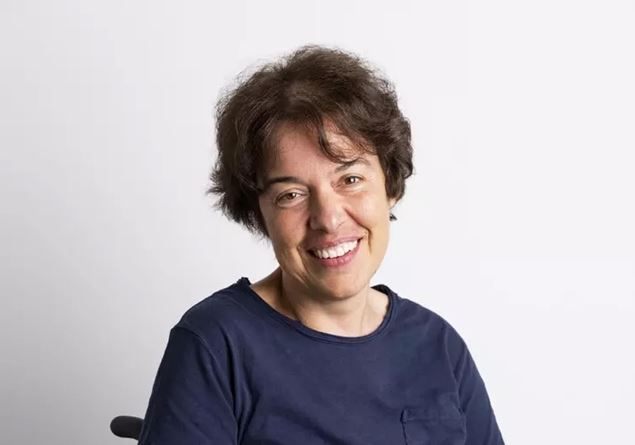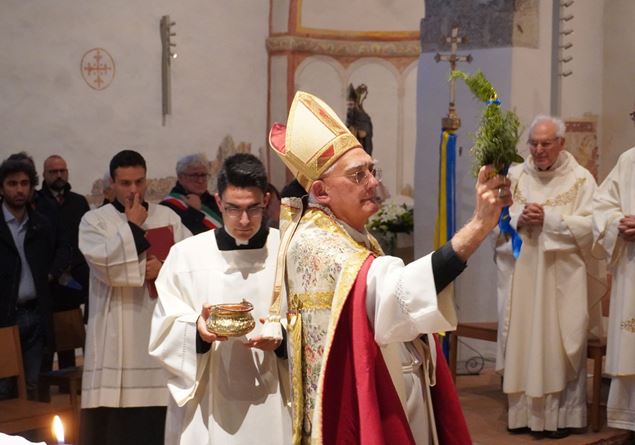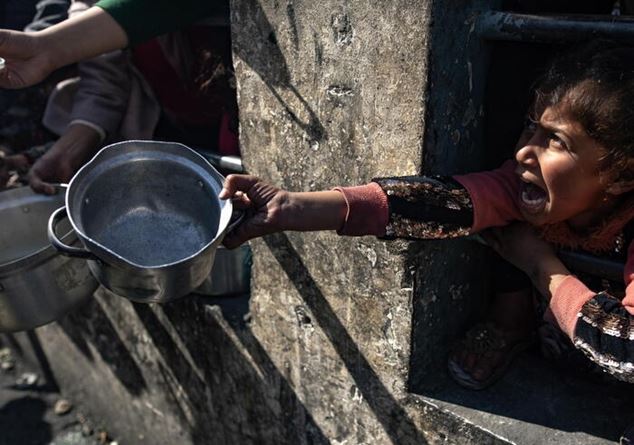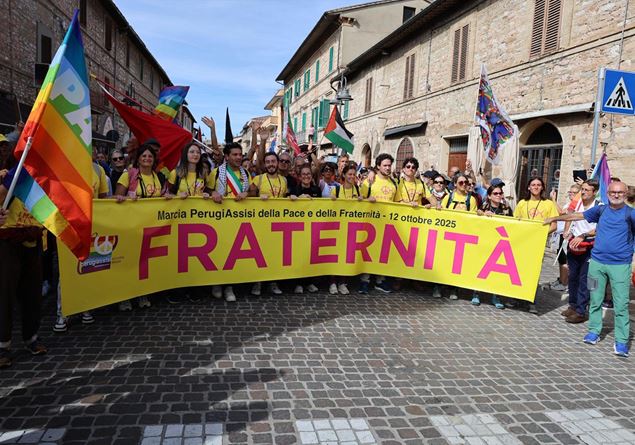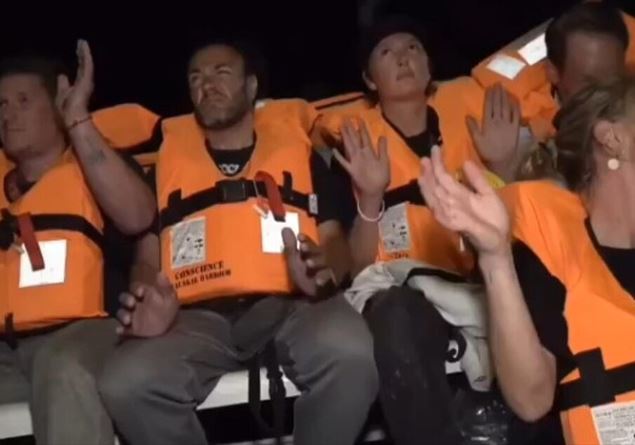The death of Laura Santi, the fifty -year -old journalist of Perugia sick of multiple sclerosis who has taken his life with assisted suicide in his home after an administrative and judicial affair that lasts almost three years from the first instance, gives us pain and thought.
Pain because Laura is a victim of that drift of “help to death” that must be replaced by the care and help to life. We do not judge the person, only God knows what passes in the heart of those who despair. But the thought becomes trembled and alarmed in the face of the suggestion that this programmed suicide, sought on purpose and achieved “fighting”, is boasted as a victorious outcome of good. Also because a media emphasis has crowned post mortem this leave as a gesture of freedom, of “political” commitment, a species in short of virtuous banner. But without taking anything away from human empathy for the pain lived, it seems to us that the epilogue is rather a defeat than a victory.
How much has influenced Laura’s gesture that kind of volunteering that is done in the middle of the sick by preaching the right to choose death when and how you want, nobody can say; Certainly today that death comes from these celebrated as a civil action and political message, in the wake of that “Cappato sentence” (242 of 2019 of the Constitutional Court) from which the right to suicide administered by the National Health Service would be sanctioned. A kind of therapeutic death.
We know that the court did not say that. He said primarily that from the right to life “the duty of the state to protect the life of each individual, not that – diametrically opposite – to recognize the individual the possibility of obtaining from the state or third party help to die”. He said that the help to suicide remains a crime, and that only in one case the helper is free from pain: when the patient is suffering from an irreversible pathology, a source of intolerable suffering, kept in life by vital support treatments, but fully capable of making free and aware decisions. Four conditions to be verified in the public health sector, with persistent duty of care, with further intervention for the protection of another third collegial body to protect people vulnerable from abuse, and with the need to control the executive methods. All things that belongs to the regular parliament by law.
The law was not done and the problems took the judicial way. Laura also turned to the court, asking that the ASL completed the necessary checks still omitted (1), with condemnation to provide medical assistance, lethal drug and instrumentation (2). Having accepted the first question, rejected the second. “The declaration of constitutional illegitimacy – says 242 – is limited to excluding the punishment of the help to suicide in the cases considered, without creating any obligation to proceed with this help with the doctors”.
Medical art is responsible for the cure, not abandonment, less than the death procured. There is a phrase, in Laura’s farewell letter, which silences those who speak of life “unworthy”. He says so: “I mean: I think that any life remains worthy of being lived even in the most extreme conditions”. The confided choice is true, painfully, it is true. And it seems to us to be at that border that like a subtle veil separates the invocation of care for life from the surrender and abandonment and the void of hope that wins to death.
We seem to be able to read with other eyes, despite the poor horizon of legal things in the face of the immense mystery of the human heart, the words of the last sentence of the Constitutional Court, made last May with the number 66. It is for the most part dedicated to the right to care; It describes its foundation, denounces its lack of response, reminds its indispensable duty. And it seems that he finally says, in substance, that that breach open to suicide in exceptional cases in 2019 seeks remedy and primary seal in sharing, solidarity, in accompaniment. Ultimately in love.
The “social or cultural drifts that induce sick people to suicide choices are not confirmed, – says the sentence – when instead they could well find reasons to continue living, if they were adequately supported by their respective family and social networks, as well as by public institutions as a whole”.
Perhaps it is possible to find, in the message left by Laura, in place of an extreme testimony in favor of the desired death, an invocation to the cure not achieved by our current help structures, and more insidiously by the mentality that denies solidarity belonging. It’s pain, it’s thought that you don’t buy. It is a duty commitment to help to life.
Ansa photo





